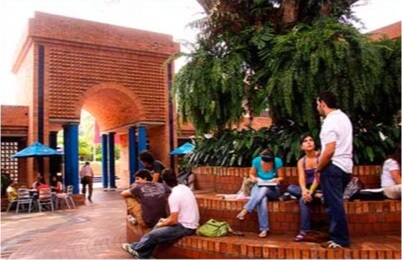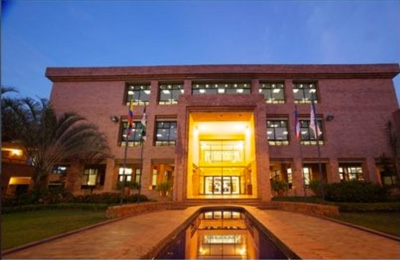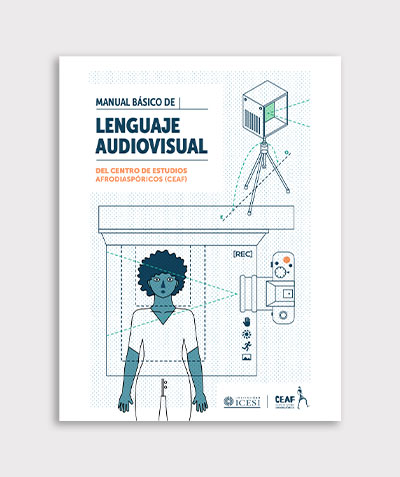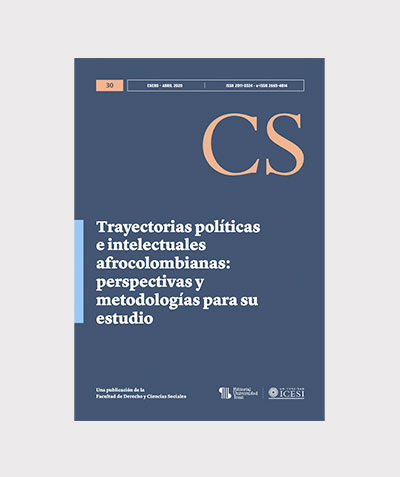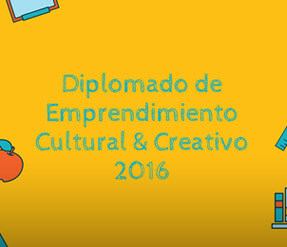Publicaciones de 2020
Manual Básico de Lenguaje Audiovisual WED
El Centro de Estudios Afrodiaspóricos (CEAF) de la Universidad Icesi, en asocio con La Cuadra Casa Productora, presentan el Manual Básico de Lenguaje Audiovisual, diseñado con el fin de facilitar que las comunidades cuenten sus historias desde el territorio, durante la crisis pandémica y las condiciones de aislamiento causadas por el Covid-19.
Trayectorias políticas e intelectuales afrocolombianas: perspectivas y metodologías para su estudio
¿Cómo enfrenta el Pacífico colombiano la pandemia del Covid-19?
v“Soy porque Somos: Pacífico Task Force frente al COVID-19”. Esta es una alianza del liderazgo más representativo de la región para enfrentar la pandemia del COVID-19. Esta alianza propone una estrategia de acción conjunta para el monitoreo, seguimiento e incidencia entre consejos comunitarios, autoridades gubernamentales y municipales, universidades, organizaciones de base y ONGs para enfrentar la pandemia del COVID-19 en los territorios más vulnerables de la región Pacífico y cuenta con la cofinanciación de la Fundación Ford.
What undecidability does: enduring racism in the context of indigenous resurgence in Bolivia
vThis article deals with the continuities and changes in the racial dynamics of Andean Bolivia in the context of dramatic transformations the country has witnessed since the beginning of this century. It departs from the idea that Andean racial formations are characterized by a constant alternation between multiple classificatory logics, which introduces ambiguity and undecidability in racial discourses. It argues that it is this undecidability of the racial that maintains racial hegemony. The article then goes on to analyze the implications of the process of indigenous resurgence Andean Bolivia witnessed in the twenty first century for durable structures of racial privilege and racialized everyday social relations. It reveals that though this process posed a frontal challenge to white-mestizo racial hegemony, the undecidable character of the racial contributes to a perpetuation of subtle forms of internalized racism and enduring structural racism.
Divergent identities: competing indigenous political currents in 21st-century Bolivia
vWhile Bolivia grabbed global attention at the turn of the new millennium for militant indigenous mobilizations, the second decade of the 21st century witnessed the deepening of conflicts between different indigenous sectors. In addition to provoking heated debates on what it means to be indigenous, this has raised questions on the utility of the concept of indigeneity as it has been understood thus far to analyze the new political dynamics. In response to these processes and the analytical challenges they present, this article maps out the existing currents in Bolivian indigenous politics, their mutual disagreements, the meanings they give to indigeneity, and their impact on the politics of the Morales government and its critics. It argues that there are two distinct indigenous visions with different political agendas and priorities: a ‘revivalist’current that focuses on the restoration of ancestral cosmovisions and represents the dominant canon, and an ‘expansionist’ current that prioritizes the struggle against structural racism and gives expression to a new tendency in Latin American indigenous politics. The article is based on nearly two years of ethnographic research in the city of El Alto.

